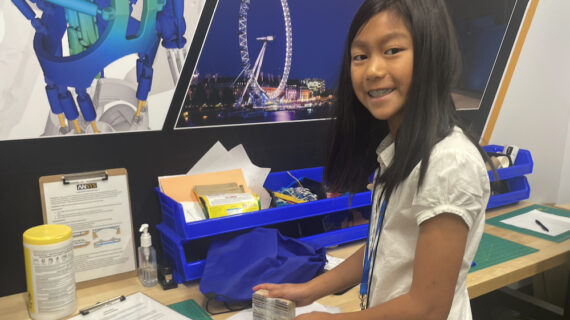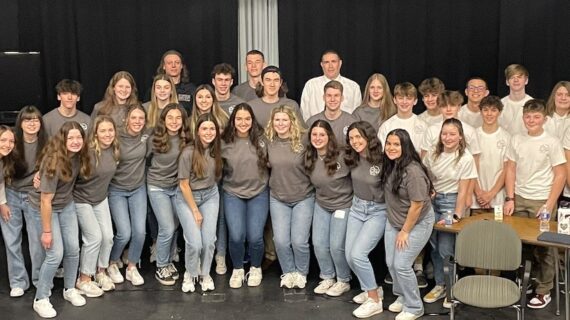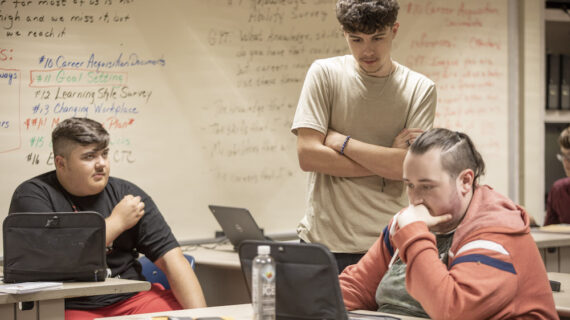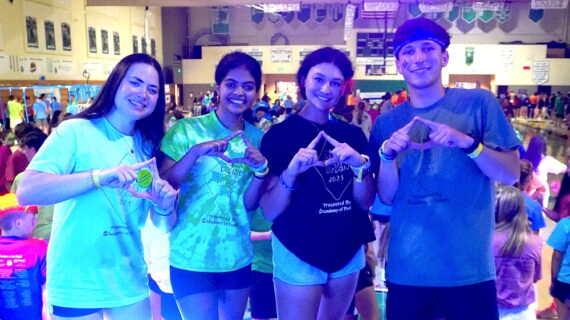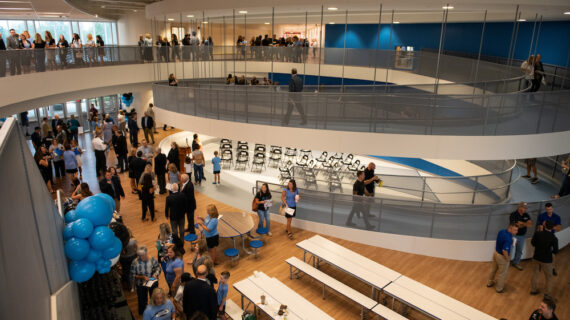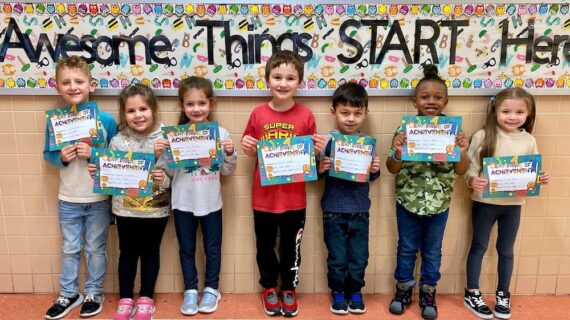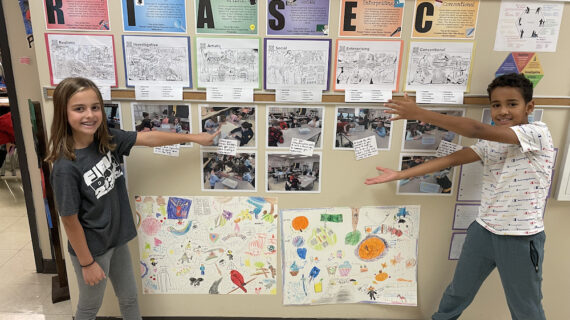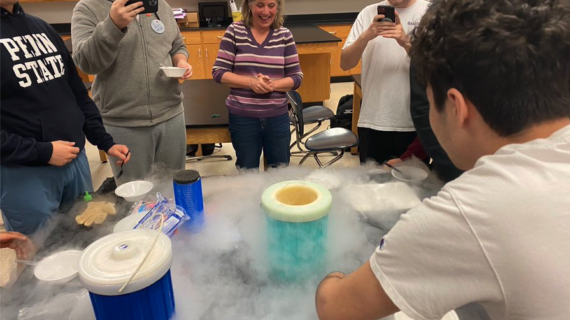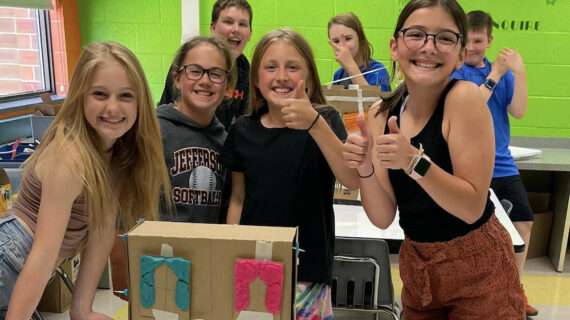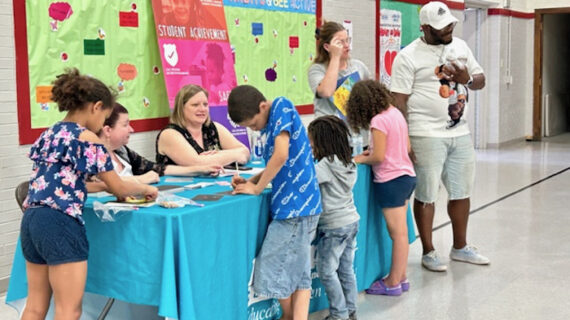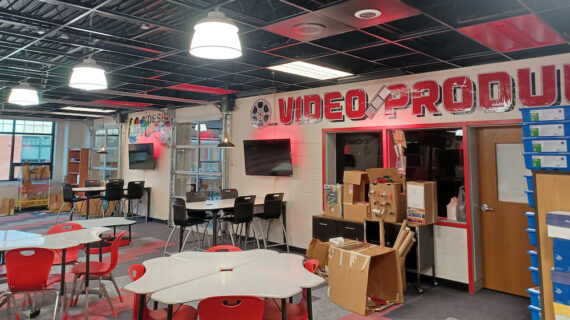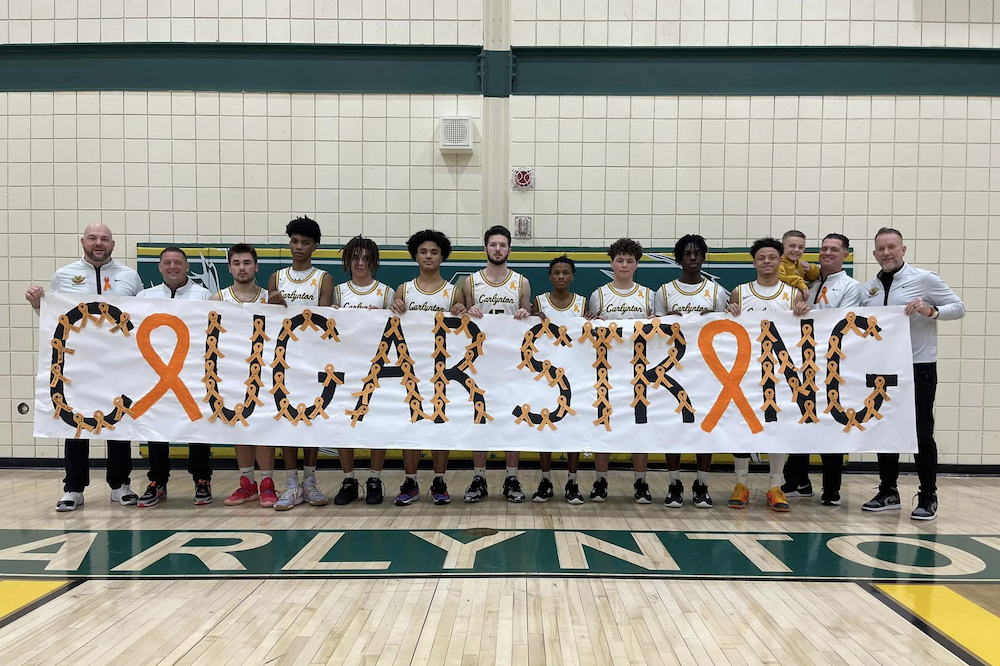
From tough situations, finding grace – and paths forward — at Carlynton
This story is one in a series created in collaboration with the AASA Learning 2025 Alliance to celebrate the work of groundbreaking school districts in the Pittsburgh region. Kidsburgh will share these stories throughout 2023.
Sometimes the hard days are the ones that show us just how well things really are going.
Last fall, a moment came when a teacher at Carnegie Elementary School was trying to manage a challenging room full of students. Tempers were rising.
Dr. Patricia Serdy, the school’s psychologist, sat in the back of the classroom. She could see the teacher struggling with his emotions. Then a voice piped up. It was a student who had experienced a raft of disciplinary problems and struggled mightily with behavior regulation.
Gently, this student suggested to the teacher that they might pause and try a mindful breathing exercise.
“I think you need to use the 54321 Method,” the child said. “Let’s do it together.”
Serdy, always a vocal cheerleader for the children she counsels, was speechless. After so many months spent partnering with second-grade teacher Donald Alexander and others in the Carlynton School District to teach mental health skills, this work was playing out right in front of her.
This school district just outside the Pittsburgh city limits — encompassing Carnegie, Crafton and Rosslyn Farms — is home to a range of families, including some coping with poverty and others who are newly immigrated to Pittsburgh.
Kids new to English themselves are sometimes pressed into service as interpreters for their parents. Other children might begin their days in homes that lack groceries, while others awaken at night with memories of violence in the countries they left behind.
But good things are happening at Carlynton. And the progress is rooted in solid training and support for true mental wellbeing.
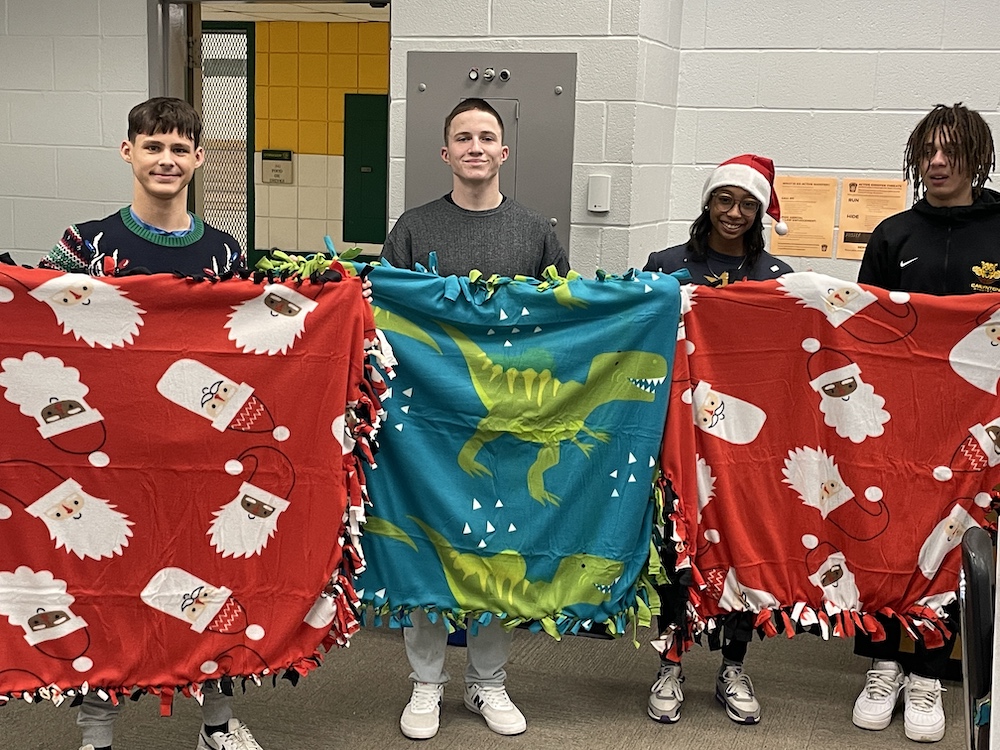
MEETING NEEDS SO LEARNERS CAN THRIVE
In some school districts, mental health surfaced as an issue because of pandemic isolation. Not so with Carlynton: “Even before the pandemic,” Alexander says, “we were in firefighting mode.”
Mental health is a subject that often came up as Carlynton Superintendent Dr. John Kreider began participating in the Western Pennsylvania Learning 2025 Alliance, a regional cohort of school districts working together — and with peers across the country — to prepare learners for a thriving future.
Led by local superintendents and AASA, The School Superintendents Association, the Alliance gathers to share and workshop innovative ideas. In a similar spirit of collaboration, Kreider also works with Allegheny Health Network’s Chill Project, which brings mental health support to a growing number of Pittsburgh-area school districts.
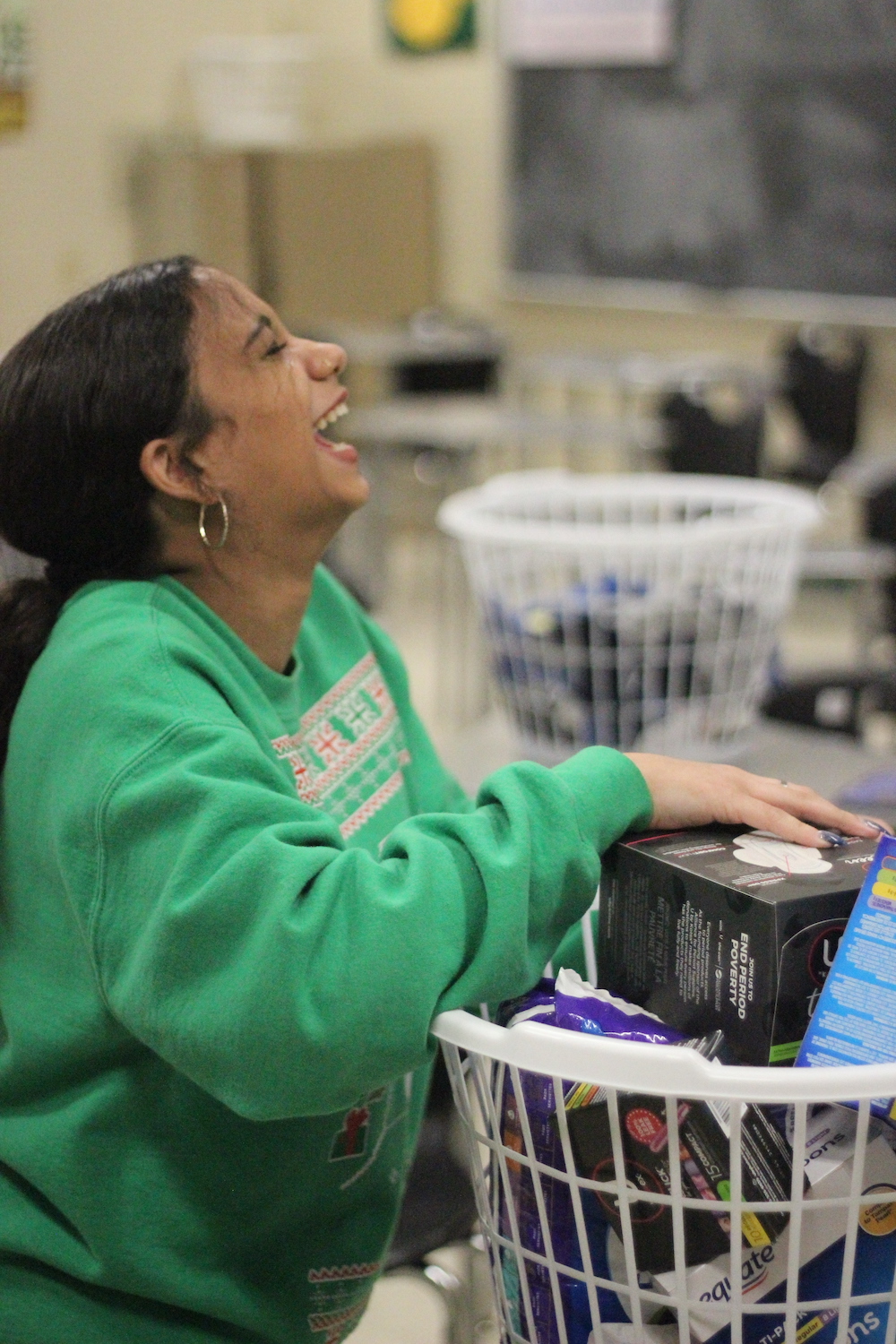
One key step: Collaborating with then-Second Lady of Pennsylvania Gisele Barreto Fetterman to open Free Store 15106, a set of rooms behind the auditorium at Carnegie Elementary that include food items, clothing, and more. “Right now we’re sending out roughly 50 bags of food and personal care items each week to families,” Alexander says. The district also stocks a “free fridge” located off the school’s campus in an effort to reach more families in the community.
Another key issue was English language learning — not just for students, but for their parents. So Laurel Kane, a teacher for the nonprofit Literacy Pittsburgh, now visits regularly to teach English to adults at the elementary school.
In the past year, Kane has seen parents progress from beginner and elementary classes to advanced conversation class. They also feel increasingly at home in the school building. Recently, one mother was excited to see her son listed on a banner commending him as Student of the Month.
Learning English, Kane says, is “helping the parents to become more independent and more confident in their daily lives, which takes pressure off the kids.”
Perhaps most powerful is Carlynton’s partnership with Awaken Pittsburgh, a nonprofit that teaches mindfulness and mental health skills. During 26 hours of professional development, teachers have begun building their own mindfulness practices and learning to teach this work to kids.
When that training began in Fall 2021, Serdy says, stress levels were incredibly high. Awaken Pittsburgh’s Stephanie Romero surveyed the group, asking what they normally do to take care of themselves. For many in the room, the answer was “nothing.”
“I work in mental health and I failed that question,” Serdy says. “A lot of the teachers did, too. But it brought us together and it created a support network within our school, with us recognizing we’re all struggling and asking: How can we support each other and then support our students?”
Helping teachers can be incredibly valuable for kids, says Romero, who founded Awaken Pittsburgh after many years as a Spanish teacher: “When we have the adults in a school being rejuvenated, being supported, and being taught self care, and helping them with their own compassion fatigue and burnout, that’s when we see their batteries recharged.”
As the Carlynton community grapples with its challenges, this work with Awaken Pittsburgh – and the work of Literacy Pittsburgh, AHN’s Chill Project, and the Learning 2025 Alliance – is informing a powerful strategy: Help the teachers, so they can be at their best for kids. Help the parents, so they can provide the stability children need. Then make sure the kids have what they need to simply be kids.
“There’s no doubt in my mind that we have a lot of work left to do,” Alexander says. “But every day, we’re working at it.”
Want to download this story? Click here for a PDF.
